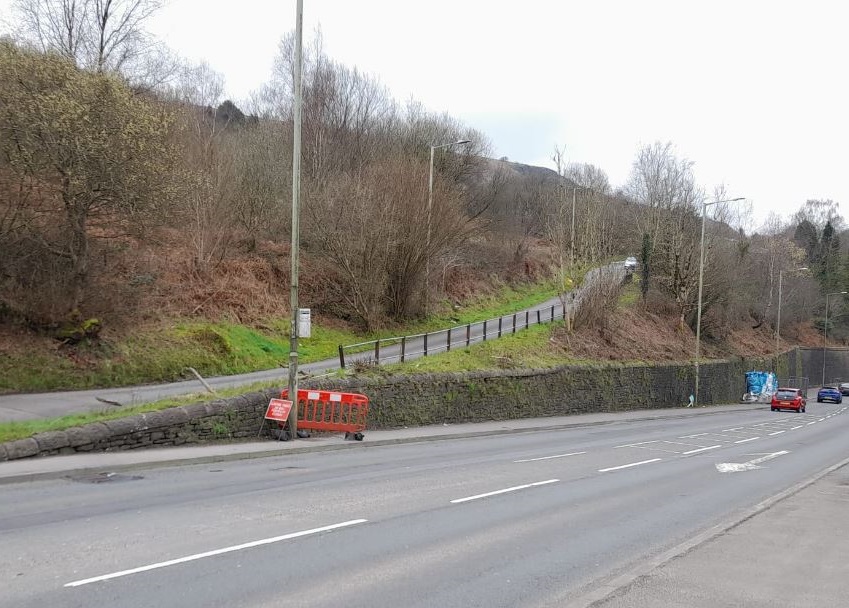Cabinet will receive a detailed update from officers on the Medium Term Financial Plan, which outlines the Council’s forecasted financial position for the next three years. With significant challenges continuing across the public sector, work is underway in readiness for the 2026/27 budget setting process.
As part of the Council’s robust approach to financial management, officers will report on their early budget modelling and financial planning for the following year – in advance of the detailed budget strategy work to be undertaken in the autumn. This year’s position will be reported to Cabinet on Monday, September 22.
The public sector has faced a sustained period of real-term funding reductions for a number of years, and Monday’s Cabinet report notes that the position is likely to remain very challenging in the period ahead. This is due to factors like ongoing cost of living pressures, that are contributing to sustained increases in demand and costs across many Council services – particularly in social care.
In addition, the Welsh Government Cabinet Secretary for Finance and Welsh Language has provided an update on its preparations for the 2026/27 budget for public services in Wales – indicating that a single-year budget will be presented that increases current year spending by inflation only (2%). The approach would hold funding back to develop a new programme for government for the new Senedd term (following the May 2026 election). This presents a significant challenge for Local Authorities in setting legally-balanced budgets for next year by March 2026, due to pay and non-pay costs rising well above the funding level currently indicated as being available from Welsh Government’s proposed single-year budget.
Monday’s Cabinet report uses a number of modelling assumptions to set out the forecasted financial position that could be faced by the Council. Welsh Government’s 2026/27 settlement to Local Authorities will have a large effect on this, as each 1% change in funding represents £5.2 million in the Council’s budget.
The report shows that all planning assumptions will result in a significant budget gap being faced by the Council for next year. The approach that is currently indicated by the Cabinet Secretary, to raise the budget by inflation only (a 2% increase in funding), would result in a budget gap of £28.2 million next year, before taking into account the level of Council Tax.
The Council will continue its strategy of identifying budget-reducing measures early in the process to close the budget gap and protect key services. However, after several years where large savings were needed and major efficiency measures were made, the 2026/27 position would require officers to consider all available budget reduction options – unless assurances are received about more positive future funding levels.
Residents are assured that the approach will continue to propose the prioritisation of funding for local schools and social care, which have been treated favourably in comparison to other Council services for many years.
Councillor Andrew Morgan OBE, Leader of Rhondda Cynon Taf Council, said: “The financial outlook for Local Government remains very challenging over the period ahead, and Cabinet will shortly consider an officer report that sets the context for our 2026/27 budget. This follows three years where we’ve already experienced the most significant budget gaps this Council has ever faced – £38 million in 2023/24, £36 million in 2024/25, and £36 million for the current year’s budget. These all required a huge Council-wide effort to identify savings, and unfortunately make some very tough decisions along the way.
“This year’s modelled position is a £28.2 million gap as a starting point, due to factors such as the continuing cost of living pressures and increased demand and costs for services. Welsh Government has indicated it will present a roll-over budget next year, based on inflation only.
“This position would mean we must consider all possible budget reduction options that are available to us, with nothing being off the table in that respect. Knowing that large savings are more and more difficult to find each year, it’s inevitable that further difficult decisions would be needed in the absence of funding support beyond the 2% roll-over budget that has been indicated. The Council is continuing to strongly lobby for extra support for Local Authorities.
“Officers will continue to report to Cabinet as their important work towards setting next year’s budget progresses over the weeks ahead, with a full review being undertaken into how savings could be delivered across all of our service areas. We’ll have much greater certainty over the level of savings that are needed after the provisional Local Government Settlement later this year.”
In the weeks ahead, senior officers will explore how savings can be made through several means – from further efficiency savings to reviewing the Council’s workforce requirements and resources, progressing the delivery of the ongoing Social Services Transformation Programme, reviewing service level budgets and built assets, maximising long-term investment opportunities, delivering climate change ambitions and – as a last resort – making service reductions.



